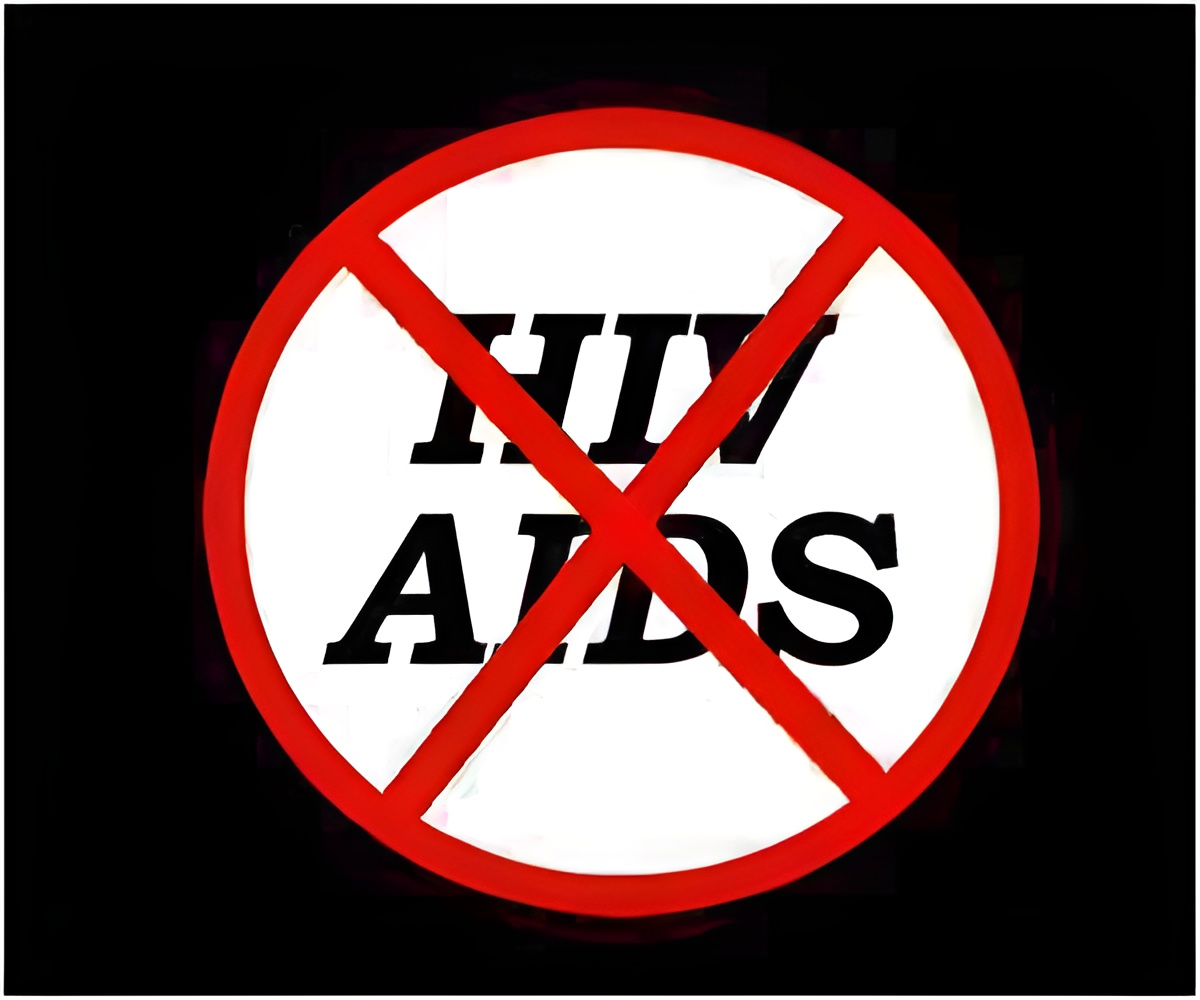
Antiretroviral drugs may reduce the risk of infected people passing on the virus, and may prevent healthy people from becoming infected through sex with HIV-positive partners, but the new possibilities have also stirred controversy.
Still, these medications saved about 700,000 lives worldwide in 2010 alone, which experts have described as an extraordinary accomplishment.
Research breakthroughs and progress in some countries "demonstrate that it is possible to really advance significantly in scaling up the response and even start to think about eliminating new infections," Hirnschall said.
The world now has 26 antiretroviral (ARV) drugs on the market and more in the pipeline for treating people with human immunodeficiency virus, which has infected 60 million people and killed 25 million since the epidemic first emerged.
"We have a fairly large arsenal of drugs available," Hirnschall said, noting that the drugs are better now than they used to be -- less toxic, more robust, less likely to trigger resistance and more tolerable -- but are still not perfect.
Advertisement
Recent studies have shown the potential benefits of starting treatment early, before the viral load gets too high, as a way to protect an infected person's health and lower the risk of passing the disease to a partner.
Advertisement
However, one major study of African women failed to show any protection from ARVs compared to a placebo and had to be stopped early.
"We see this as probably being a central conversation at the conference -- the appropriate initiation for treatment and also how to best take advantage of antiretrovirals for prevention more broadly speaking," Hirnschall said.
A US advisory panel has urged the Food and Drug Administration to approve the first-ever HIV prevention pill, Truvada by Gilead Sciences, for use in some high-risk populations. A decision is expected by mid-September.
Truvada is already on the market as a treatment for people with HIV.
But some health care workers fear that the availability of a pill that could reduce the risk of getting HIV may encourage people to stop using condoms and spark a rise in risky sex behaviors.
Others are concerned about the ethics of providing HIV drugs to healthy people, when vast numbers of infected people across the world still do not have access to life-saving treatments.
And some high-risk groups remain difficult to reach, such as sex workers and injecting drug users who are often shut out from treatment due to restrictive laws.
"In many countries where they (drug users) constitute the major risk group, they have lower access to treatment," Hirnschall said.
"We also know that in many places, men who have sex with men cannot access services in general, or sex workers by the same token because they are stigmatized, they are criminalized in many countries and it is not easy for them to come forward to be tested and then to access services."
The WHO is also working up a set of guidelines for administering antiretrovirals as prevention to healthy people that should be available in time for the conference.
PrEP "is a promising approach. We believe it is one that is probably becoming a niche intervention for certain individuals where other preventions may not be accessible or may be difficult to implement," Hirnschall said.
"There are very few magic pills. But it might be one additional intervention that we could add to the arsenal of interventions that we have."
Hirnschall said he was "very optimistic about the conference," the first to be held in the United States since 1990 and made possible due to the lifting of travel restrictions on HIV positive people by Washington a few years ago.
"We will hear from countries what is happening on the ground," Hirnschall said.
"The challenge is not just to set brave policies but really to have the capacity and resources that it takes to implement those."
Source-AFP









